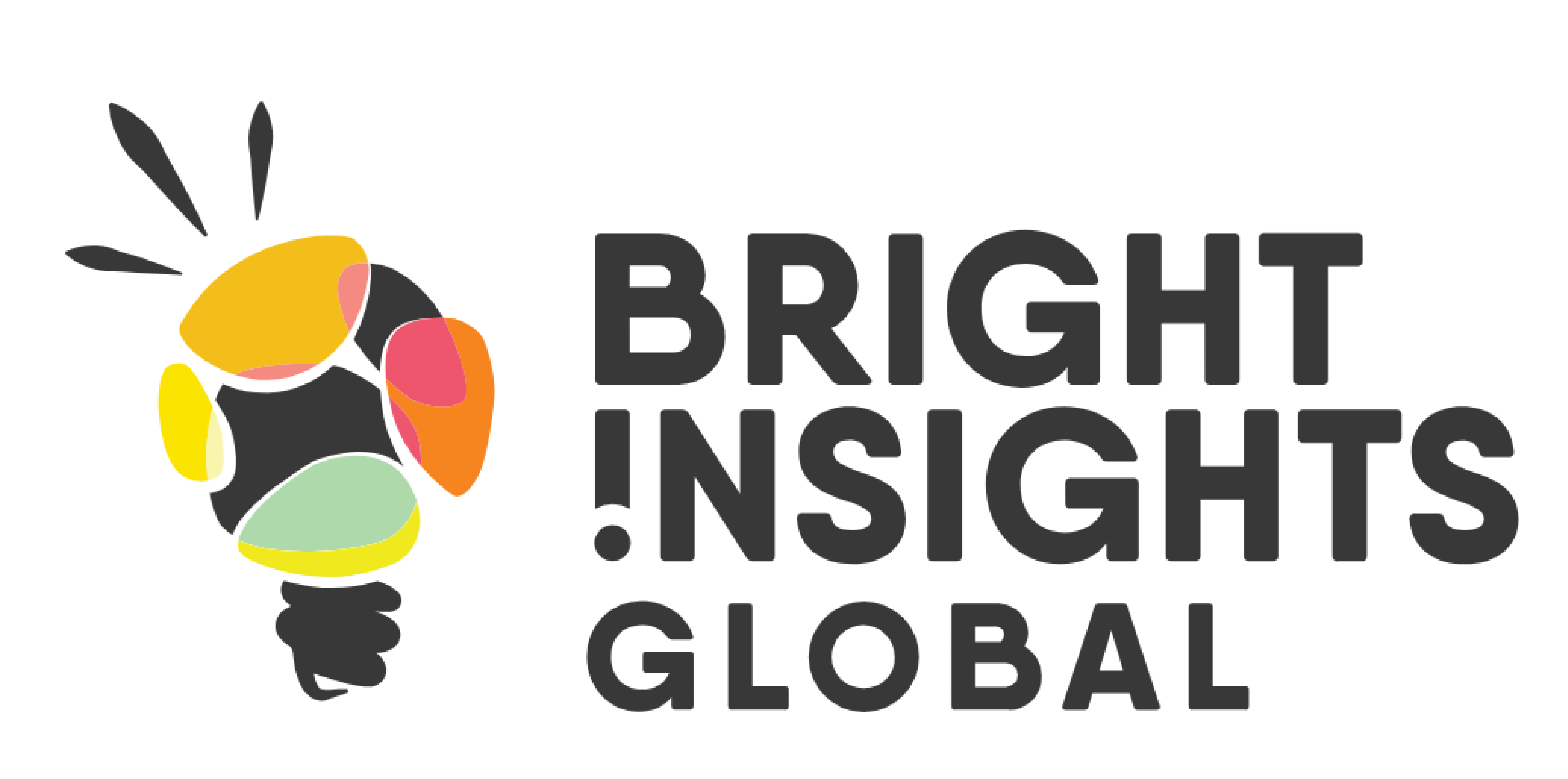Colonialism has shaped our world in many ways – from structural racism to wealth gaps to the stark differences in the quality of life and access to opportunity that persist between the colonizer and the colonized. In this edition of the (Un)learning Journey, Responsible Leader Saidah Nash Carter gives us her take on advancing decolonization through Artificial Intelligence.
In May 2019, I retired from a 20+-year career in corporate America. Most things I know about business I learned through the lens of a billion-dollar digital media company. My final triumph as a corporate employee was convincing the company to invest in innovation in Africa. This commitment moved my family from our life in the United States to Cape Town, South Africa.

Embarking on an Unlearning Journey
Racism has been an issue for many years, but it remains unresolved to date. In order to support and sustain diversity and equity within the BMW Herbert Quandt Responsible Leaders Network, as well as in the local, regional and global communities we serve, we must directly confront bias and racism at the individual level, institutionally (through policies and practices) and by accelerating systemic change. Therefore, we plan to embark on a journey as Responsible Leaders to learn and unlearn. Let us make a difference to humanity by contributing towards racial equity. Let’s travel!
I settled in to build and lead a data and innovation lab with a dual mission of profit and impact. I built a great team and we did amazing work with wonderful partners for nearly five years. Priorities shifted at the company, and strategic investments followed suit. My husband Karl and I often joked that we were just getting going while the company was preparing to exit its innovation activities in Africa.
After parting ways with the company, my business partner and I founded Bright Insights Global (BIG) to help advance inclusive business practices in Africa and beyond. We approach everything we do through the lens of innovation and transformation. We are thought partners and product developers. The best thing about being an entrepreneur is the flexibility to pursue your interests and curiosity to the fullest expression. And you never know when inspiration will strike!
,
“The Great Forgetting”
One day, after I shared a story from a family roadtrip across Namibia, a friend sent me this article about Herero & Namaqua Genocide. I was traumatized and devastated on so many levels. I was primarily offended that this atrocity occurred in the first place. And then there was the added insult of the realization that my family had spent hours driving the Namib desert where tens of thousands of indigenous people had been forced to die of starvation and dehydration without us knowing enough to stop and mourn such a tragic loss of life.
But how can we not not know, not care, not atone, not repair?
Saidah Nash Carter
To this day, I feel such a longing to have been able to acknowledge and sit with ancestors in that space. A colleague in the AI4Afrika: Home innovators consortium calls this phenomenon “The Great Forgetting.” Such a perfect way to capture how it feels to not know so much about our history. But how can we not not know, not care, not atone, not repair?
I immediately began to think that there are very likely other ignored or forgotten stories spanning generations of colonized peoples. I slipped into my default product development mode and the Colonizer Atrocity Index was born.
Decolonization of Mindsets
Thankfully, my time leading an innovation lab in South Africa gifted me with a great network of changemakers, data enthusiasts, technologists, big-thinkers, and all-around builders of things. I immediately reached out to my favorite mathematician and fellow data-nerd, and she was on board within the first five minutes of our chat and had tons of thoughts and ideas for us to explore. And thus we embarked on our quest.
The core of our mission is to use the power of data science and specifically data visualization to present an elegant yet honest and complete view of the human impact of colonization. We are aiming for an analysis that is illuminating, impartial, and comprehensive. One approach is to analyze research papers and historical documents. This would take thousands of human hours. A more practical approach is to use a machine.

BMW Foundation Responsible Leader Saidah Nash Carter is a digital business native.
Saidah Nash Carter

Based in Cape Town, South Africa, she is passionate about inclusive business.
Claudia Leisinger
Machine learning is a branch of Artificial Intelligence (AI) and data science that aims to mimic human cognitive behavior. A specific area of machine learning that is useful for this problem is natural language processing. A computer processes a large amount of text which yields both qualitative and quantitative information that can be visualized and made sense of for wider audiences.
Our ultimate goal is to educate and to heal. 2020 began a period of great learning and unlearning for many. The hope is that through our work, we can contribute to that journey and help today’s humans better understand and empathize with each other. In my view, we all suffer from some level of generational trauma as a result of these atrocities and the cognitive dissonance we must endure to live our daily lives.
We are now on a search for data. There is no data science without data. We began our data collection journey with Wikipedia and other open sources. We are now seeking data partners and researchers and trauma specialists interested in joining us on this mission. If you know of data repositories with relevant historical records, research papers or other articles; if you have spare data storage capacity; if you know a data scientist who would like to join us in the data trenches; or if you know of anyone with first-hand accounts to share, please contact us.
A Good Ancestor
Being a good ancestor is at the center of my noble purpose in life. I am so thankful that my professional journey has been such a gift. I have always managed to find a way to bring what I am good at together with what I love to do. I continue to pursue my personal mission to advocate for BIPOC equity and justice through as many outlets as I can muster.
This intention manifests through my advisory work at BIG, research projects like the one I have described here, as well as a social service organization I co-founded for families of color in Cape Town. This work keeps me both busy and sane. Before I close, I’d like to take a moment to appreciate all of the co-founders and co-creators in my life, my partners in “good trouble.” We are better together and I appreciate you.
Let the (Un)learning Journey continue!
This story was written by BMW Foundation Responsible Leader Saidah Nash Carter. If you are a Responsible Leader and would like to participate, please reach out to your Regional Network Driver or Organizer.


